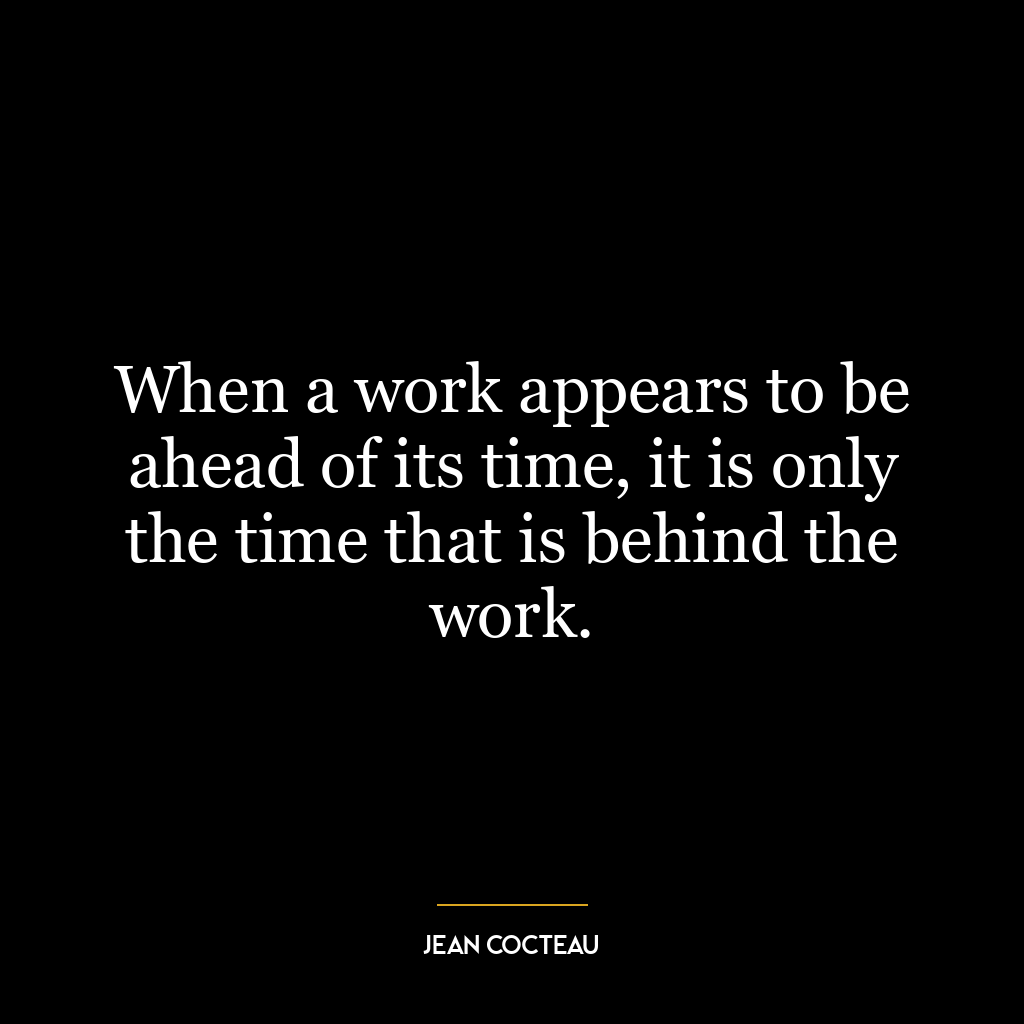This quote, “There are lots of people who mistake their imagination for their memory,” is a profound observation about human cognition and the blurring line between what we remember and what we imagine. It suggests that our minds are capable of creating narratives or scenarios that never actually happened, and then mistakenly attributing these fabrications to our personal history.
Our minds are not always reliable recorders of past events. Instead, they are storytellers, shaping and reshaping our experiences based on our current emotions, beliefs, and perceptions. This means that our memories are not fixed, but rather fluid and malleable. They can be influenced by our imagination, causing us to remember things not as they actually happened, but as we think they happened or as we wish they had happened.
In the context of today’s world, this idea is particularly relevant when considering the spread of misinformation and fake news. People can easily be led to believe things that aren’t true, and these false beliefs can then be incorporated into their memory as if they were factual events.
In terms of personal development, understanding the fallibility of our memory can help us to question our own narratives and beliefs about ourselves and our pasts. It can encourage us to seek out evidence and to critically evaluate our own perceptions, rather than taking our memories at face value. Moreover, it can also help us to be more forgiving of ourselves and others, as we realize that our memories are not always accurate representations of reality, but rather are often colored by our emotions and imagination.
Overall, this quote serves as a reminder of the complex and often deceptive nature of our minds, highlighting the need for critical thinking, self-awareness, and empathy in both our personal lives and our wider society.















